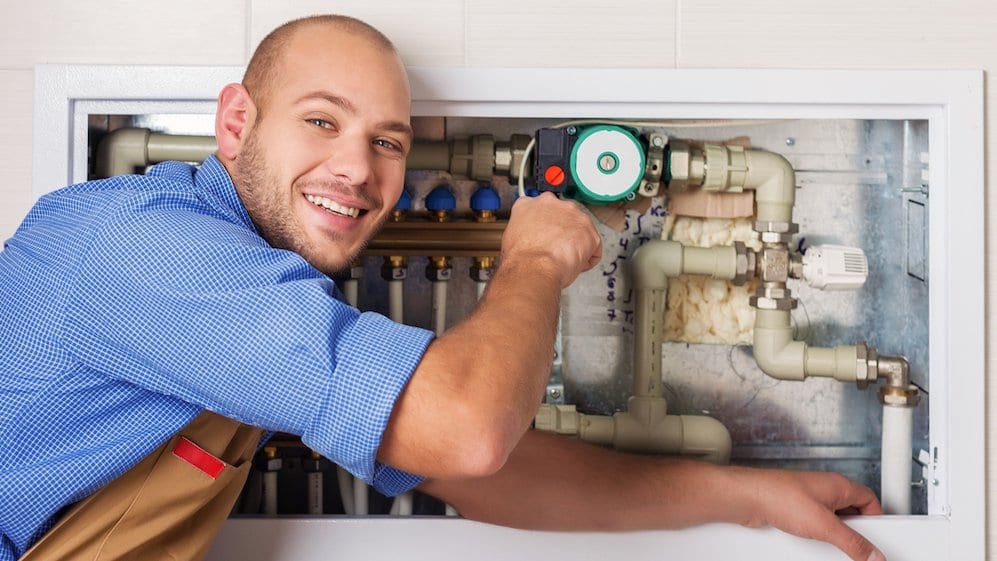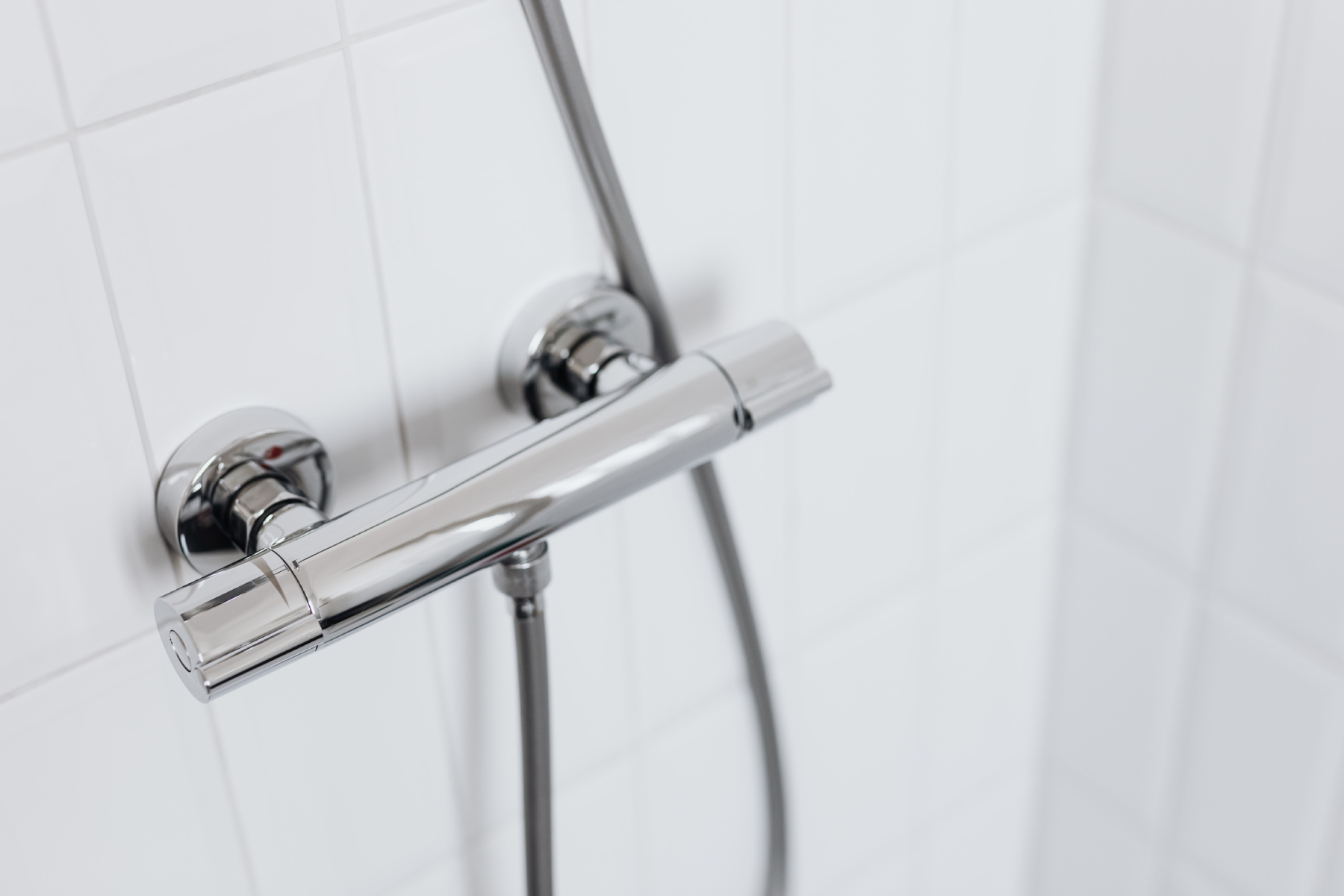Have you ever encountered a plumbing issue that was too difficult to solve? If so, then it’s time to call in the professionals. While many homeowners prefer to take care of minor repair projects independently, any major home renovation or complex project should be left up to experienced professionals.
Full-service plumbers they provide an array of services such as cleaning and installation, full-service on fixtures, supply line repairs, drain cleaning, sewer system treatment, and more. By enlisting the help of a reliable full-service plumber, you can have peace of mind knowing your project will be handled properly from start to finish.
What is a full-service plumber, and what six services do they offer?
A full-service plumber is a plumbing professional who offers a wide range of services. They can repair a leaky faucet or completely renovate a bathroom. Full-service plumbers are skilled in all aspects of plumbing. They also offer preventive maintenance services to keep your plumbing system running smoothly.
Here are six services that full-service plumbers typically provide:
1. Fixing leaks and repairing broken pipes
2. Installing and repairing faucets, sinks, and toilets
3. Installing and repairing showers and bathtubs
4. Fixing drainage problems
5. Replacing corroded or outdated plumbing fixtures
6. Performing preventive maintenance
The importance of having a professional handle your plumbing repairs and renovations
Most homeowners don’t have the necessary training or experience to handle plumbing repairs and renovations.
Doing it yourself can often lead to disastrous results, as inexperienced homeowners usually try to fix things they do not understand and worsen the problem. A professional plumbing contractor will have the necessary skills and experience to handle any plumbing repair or renovation project, ensuring that the job is done correctly and safely.
Hiring a professional plumbing contractor is also a wise investment, as they can help you save money in the long run. A professional plumber can help you avoid costly repairs down the road by diagnosing and fixing problems early. They can also recommend energy-efficient solutions that can help you save money on your energy bills.
Do your research first if you are considering hiring a professional plumbing contractor for your next plumbing repair or renovation project. Ask friends and family for recommendations, or check online reviews to find a qualified plumber who will meet your needs and budget.
How to choose the right full-service plumber for the job
First, it’s important to understand what full-service plumbing entails. Full-service plumbing is a comprehensive approach that includes everything from drain cleaning to water heater installation. It can be a great option for homeowners who want a one-stop shop for their plumbing needs.
When choosing a full-service plumber, make sure the plumber is licensed and insured. You also want to ensure that the plumber has a good reputation and is reputable. Ask around for recommendations or check online reviews on their website to get a better idea.
The next step is to schedule a consultation with the plumber. It will allow you to ask questions and get a sense of whether or not the plumber is a good fit for your needs. Be sure to ask about the plumber’s experience and expertise in the areas you need help with.
Once you’ve chosen a plumber, provide them with as much information as possible about your project. It will help them better estimate the project’s cost and timeline.
The benefits of using a full-service plumber
There are many benefits to using a full-service plumber.
● Saves time: The most important benefit is that a full-service plumber can take care of all your plumbing needs. You don’t have to waste time shopping around for different contractors to handle different tasks. A full-service plumber can do it all, saving you time and hassle.
● Quality services: Another important benefit of using a full-service plumber is that you can count on the quality of their work. Since they are experts in plumbing, they know how to do the job right the first time. It means you won’t have to deal with costly or time-consuming repairs later on.
● Affordable: Contracting a full-service plumber is often more affordable than hiring individual contractors for each task. It is because full-service plumbers typically offer package deals that include all the services you need. So not only do you save time by using a full-service plumber, but you also save money.
So if you’re looking for quality plumbing services at an affordable price, consider a full-service plumber. They can take care of everything from installation to repair and will ensure quality work and top-notch professionalism throughout.
How to save money when hiring a full-service plumber?
Hiring a full-service plumber can be expensive, but there are ways to save money without compromising quality.
● Get multiple quotes: One way is to get multiple quotes from plumbers in your area. It will give you an idea of the average cost of the services you need. It’s also a good idea to ask friends and family for recommendations.
● Get referrals: If you can find a plumber who has been referred to you by someone you trust, you can be confident that they will do a good job at affordable rates.
● Understand your project: Another way to save money is to be prepared with as much information as possible about the work that needs to be done. This will help you avoid any surprises further into the project.
● One-time payment: Plumbers typically charge by the hour, which can make the entire project much more costly. Instead, ask your plumbing professionals if they can charge for the whole project in one go. It can help you save money on the overall project.
● Call them during off-peak hours: Finally, schedule your plumber visit during off-peak hours. Many plumbers offer discounts for work done during non-peak hours, which can help you save money on your work.

